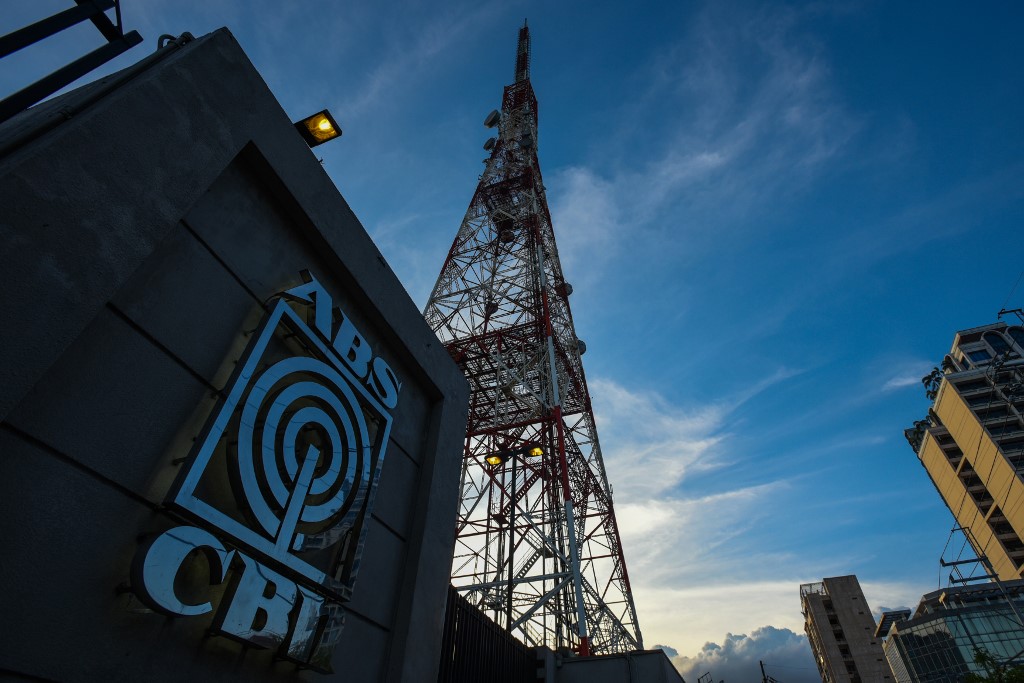ABS-CBN loss hits P13.5B after Duterte shutdown campaign amid pandemic, recession
MANILA, Philippines—Media giant ABS-CBN Corp. saw losses in 2020 surge over 400 percent to P13.5 billion after the Duterte administration shut down its main broadcasting business during a global health crisis and an economic recession.
The move brought consequences to a multitude of stakeholders, from investors and lenders to thousands of employees, their families and millions of viewers and listeners across the country.
This also forced ABS-CBN to slash 4,552 jobs, or nearly half its workforce, including 2,674 regular employees after Duterte’s allies in the House of Representatives allowed the company’s 25-year broadcast franchise to lapse on May 4 before denying the renewal bid altogether on July 10, 2020..
The company remains present in pay television and has been ramping up online streaming and airtime leasing deals with other TV networks—businesses that do not require a congressional franchise.
Those efforts, however, remain far from closing the gap with earnings before the closure of its free-to-air operations, its 2020 annual report and first quarter 2021 figures showed.
ABS-CBN said consolidated revenues in 2020 fell 50 percent to P21.42 billion, mainly as advertising sales plummeted almost 70 percent to P7.1 billion from P22.94 billion the previous year.
The rest came from SkyCable Corp. and international content distribution. Another P1 billion was generated with the help of online channels and a block time agreement with Zoe Broadcasting for Channel 11 A2Z.
ABS-CBN saw losses continue in the first quarter of 2021 to the tune of P1.94 billion, larger than last year’s loss of P751 million, as total revenues dropped 54.6 percent to P3.92 billion.
It said online and block time revenues added around P673 million during the quarter.
The company also saw a drastic reduction in expenses following the layoffs, the closure of business divisions and program adjustments.
The shutdown was widely considered as an act of political retribution against the ABS-CBN and its owners, the influential Lopez family. President Rodrigo Duterte publicly threatened the company, saying during a Dec. 3, 2019 oath-taking ceremony of government officials that its franchise would not be renewed despite bills pending in Congress.
“You’re out. I will see to it that you’re out,” Duterte said.
Grievances raised against ABS-CBN included its failure to air some of Duterte’s political advertisements during the 2016 elections and alleged unfair news coverage.
The outcome was sealed and ABS-CBN’s franchise application was denied in July 2020 even after lawmakers held a series of hearings that ultimately failed to prove the company violated tax, securities and labor laws.
Attacks on ABS-CBN continued when congressmen pursued assets such as its 4.4-hectare headquarters in Quezon City where its 650-foot transmitter tower was located.
They questioned how the Lopez family recovered the property after the late dictator Ferdinand Marcos was toppled by the People Power revolt in 1986.
ABS-CBN made it harder for outsiders to seize key assets after assigning these as collateral to creditors.
This was also to meet their conditions before reaching a standstill deal effective May 31, 2021 that would protect the company from being declared in default.
ABS-CBN said these assets included “real properties and equipment located in Mega Manila” to secure an amount of P14.56 billion.
The company did not disclose additional details on the standstill agreement. ABS-CBN and subsidiaries had total borrowings of P20.4 billion at the end of March this year, with P16 billion due in the next 12 months.
ABS-CBN said it would meet obligations to lenders. “Management assessed that the company will be able to maintain its positive cash position and settle its liabilities as they fall due within the next 12 months,” ABS-CBN said in its quarterly filing.

